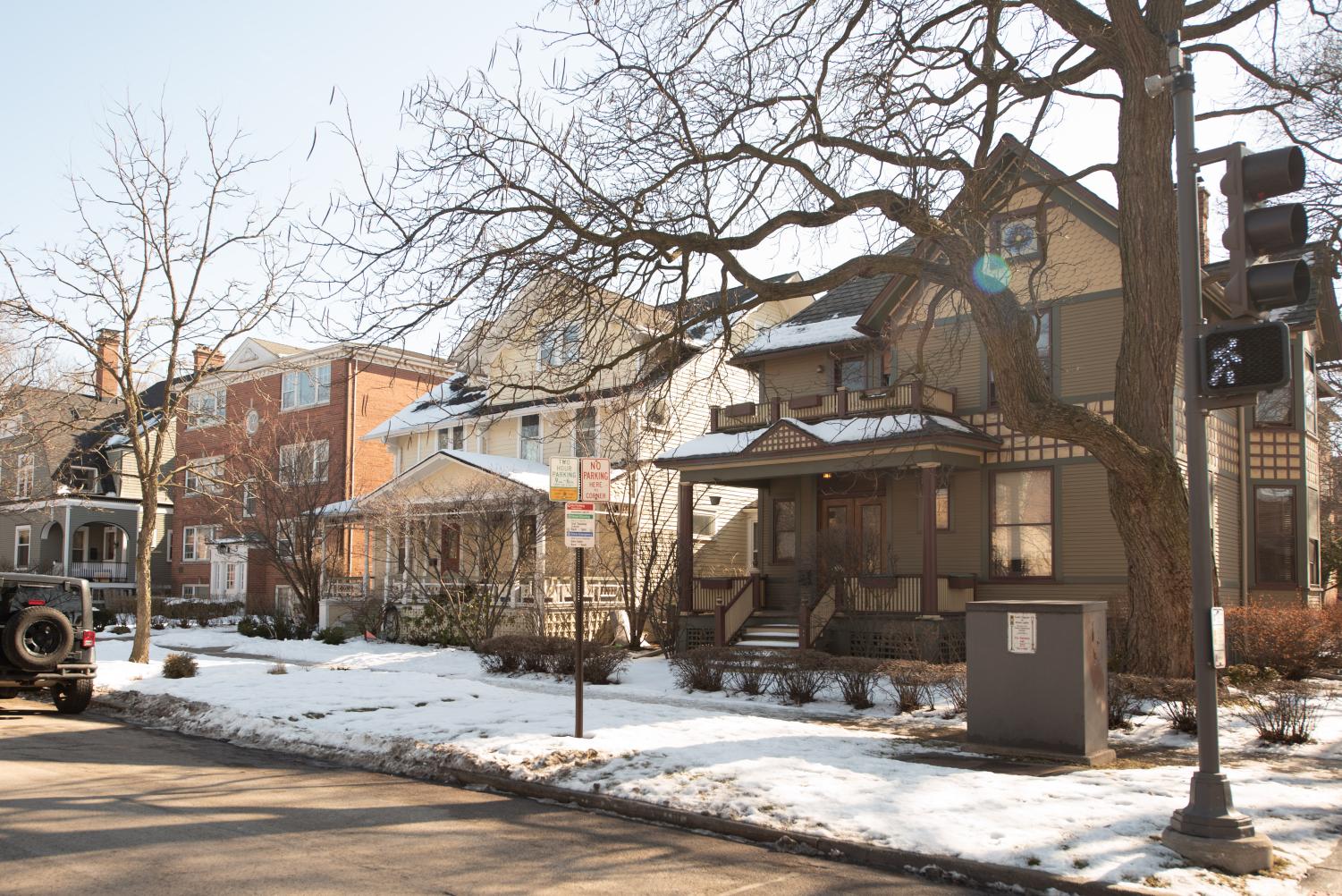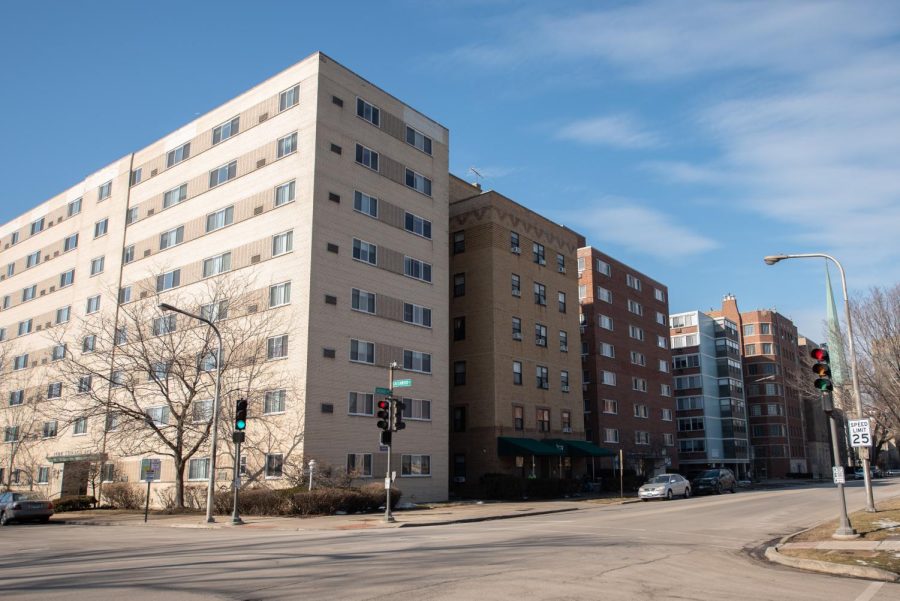Rising housing prices threaten to push out low- and middle-income Evanston residents
Katie Chen/The Daily Northwestern
Low- and middle-income residents are struggling to keep up with the rise in housing prices, according to residents and experts.
March 7, 2023
When Darlene Cannon, who’s currently running to represent the 2nd Ward on City Council, has gone canvassing, she said she’s met several families vulnerable to rising housing prices.
Those who are underhoused — living in homes where there are more than two people per bedroom — and residents with fixed incomes are particularly vulnerable to rising housing prices, she said.
“I always feel like we could be doing more,” Cannon said. “We could be (investing) into those who are the most vulnerable and asking them what it is that they think they need.”
Evanston residents and affordable housing advocates like Cannon said they worry about the future of affordable housing in the city. According to the Institute for Housing Studies at DePaul University, the median sale price of a single-family Evanston house rose to $420,000, a 12.6% rise over the past year starting from the most recent quarter.
City risks losing diversity

The city stands to lose not only its economic diversity but also its racial diversity, according to Gail Schechter, former executive director of Open Communities, an affordable housing group in the North Shore.
Because people of color tend to earn less than white people, they are getting priced out of Evanston at faster rates, she said.
From 2000 to 2020, the city’s Black population declined from 22.5% to 16.1%.
“It’s often said that people love Evanston because of our diversity, but if we don’t do something, we’re gonna lose that very diversity that we’re saying that we love,” Cannon said.
Geoff Smith, executive director for the Institute for Housing Studies at DePaul University, said housing affordability has worsened in the Chicago area since the 2008 recession.
According to Smith, the destruction of multi-apartment flats to create single-family homes is one of the major causes of that decline.
“As you erode the affordable housing stock in many neighborhoods, and you don’t have a mechanism to replace those affordable rental units, you’re effectively creating exclusive neighborhoods,” Smith said.
Gentrification also caused a spike in housing prices in neighborhoods previously considered “less desirable,” he added.
Schechter said housing developments that include some affordable housing options are not enough. Evanston is allowing luxury developers to build apartments, she said, and existing residents are gaining little in return.
“My concern is that even with some affordable housing in it, the overall impact of all of this luxury development is still going to drive people out,” Schechter said.
Advocates call for federal, local action
The federal government should provide more financial aid to help local governments fund initiatives to prevent affordable housing from disappearing, Smith said. Even projects that require a certain number of units to be affordable don’t outpace the loss in affordable housing.
Potential strategies to resist this process include passing zoning restrictions, providing grants to low-profit landlords, offering mortgage programs and adding accessory dwelling units to rental properties, Smith added.
“The city obviously can try to be creative with the levers that they’ve got to preserve existing affordable units or create affordable units,” he said. “I think the real scale of resources that you would need to truly address this issue would probably need to come from the federal government.”
In Evanston, Schechter said inclusionary zoning laws are “too weak.” The most current Inclusionary Housing Ordinance requires at least 5% of units in new developments to be affordable or the developer must pay a fee. Schechter said she would like to see it be 15% or 20%.
She said the city should make developers provide more units and not return to market rate after a certain number of years.
Evanston shares Chicago’s history of redlining, Wilmette’s large single-family homes and Skokie’s older rental housing stock, Schechter added. On top of that, Evanston’s desirable location by the lake, with good public transportation and strong connections with Northwestern, makes housing prices generally high.
“Evanston is in this position where it resembles different parts of its neighbors in terms of affordability,” she said.
Schechter also said City Council should preserve current affordable housing, give landlords who rent to low-income people stipends and conduct a complex housing survey.
In June 2022, the city of Evanston purchased property on 1917-25 Jackson Ave. and 1413-25 Emerson St. to create affordable housing. It plans to begin demolition for the project at the end of March.
In December, City Council named housing as one of six main priorities.
Without a change in policy, the city may retain fewer residents, homelessness will rise and the city will be less ethnically diverse, Schechter said.
“The income divide will grow,” she said. “Evanston will … lose a lot of their low and moderate-income people and skew very wealthy.”
Email: [email protected]
Twitter: @KristenAxtman1
Related Stories:
— Reparations Committee extends contract with nonprofit to distribute housing grants
— City Council creates new license to individualize requirements for shared housing
— Chicago-based housing organization recognized nationally for intergenerational housing initiatives



